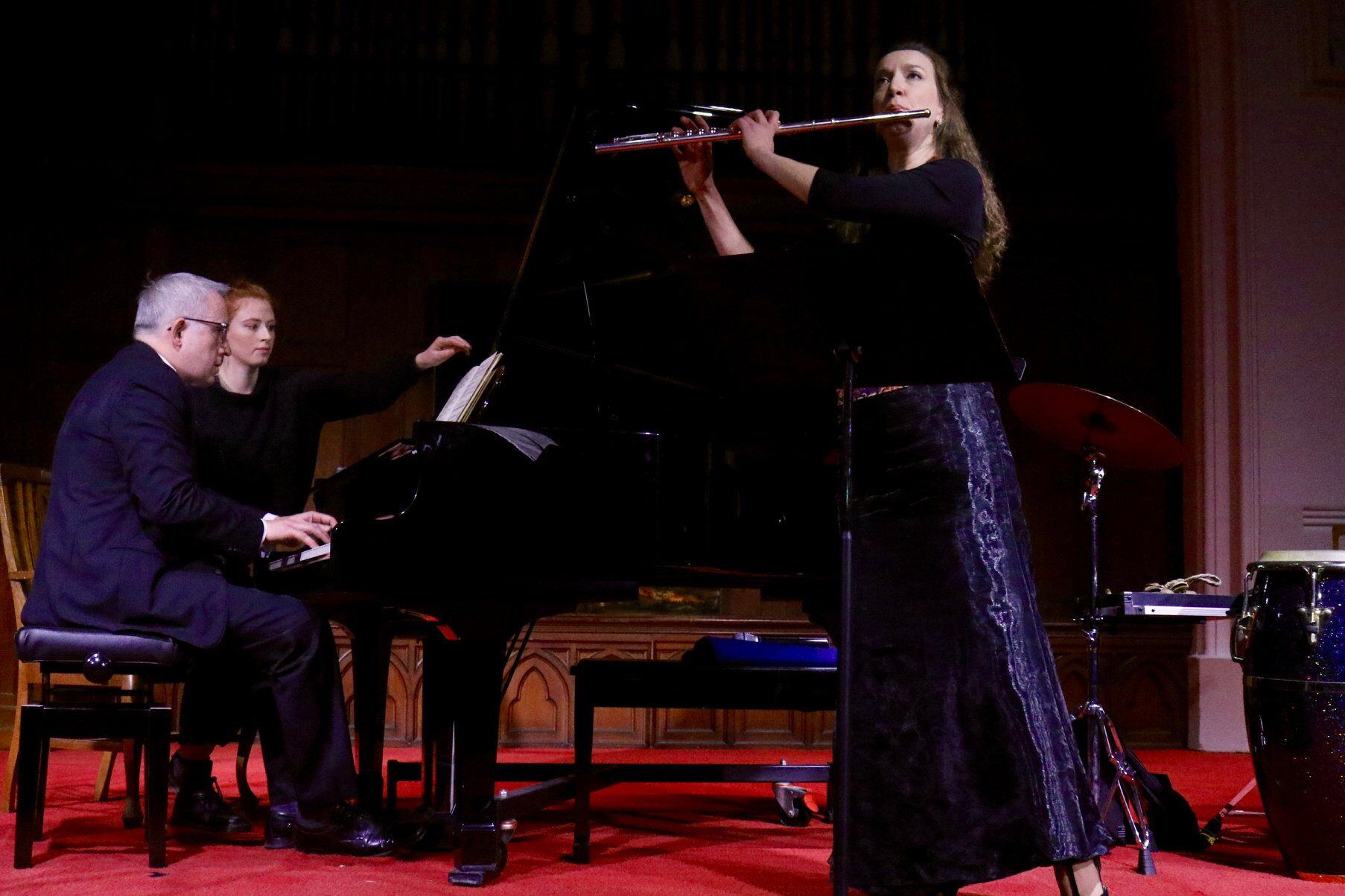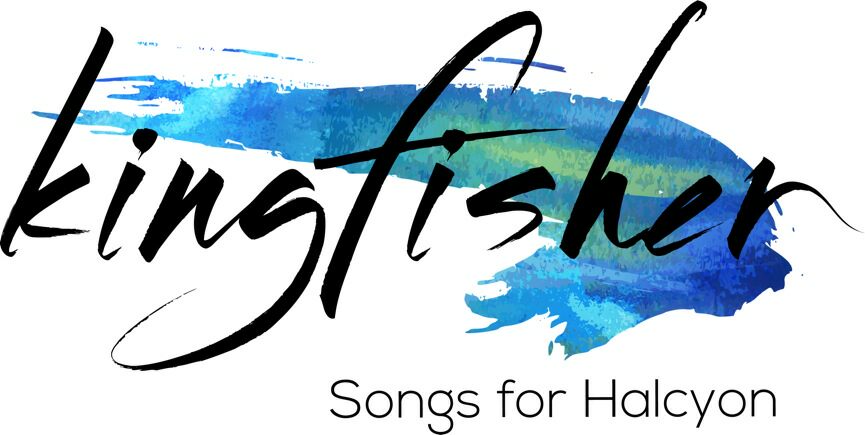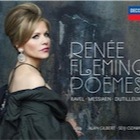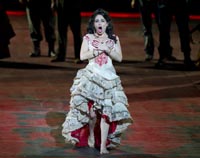Concert Review: Twilight Musical Dialogues – Musical Kin
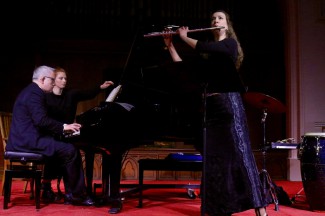
Twilight Musical Dialogues – Musical Kin – Husband and Wife
Sally Walker (flute and artistic director), Clemens Leske (piano), Ami Williamson (singer-songwriter), Naomi Blanch (saxophone), Alexander Quayle (percussion)
Adamstown Uniting Church, Newcastle
21 June 2019
Written by Andrew Chubb
Twilight Musical Dialogues’ concert “Musical Kin – Husband and Wife”, featured works by composers linked not only as marriage partners, but as siblings and parent and child as well. Throughout musical history, more often than not, the more talented relation has unfortunately enjoyed less than their fair share of acknowledgement. Sally Walker’s first of two programs this year, brings this issue into focus, presenting an array of compositions by the more famous individual alongside the meritorious work of the near forgotten relation.
The concert commenced with an eloquent account by Walker and Clemens Leske of the Sonata in C Major K.14, Allegro, by the very young Wolfgang Amadeus Mozart. Perhaps this was not the most inspiring representation of Mozart’s very early writing. However, it displayed the essence of his clarity and style which very soon matured into his undoubted genius. We heard Leske perform a composition that Mozart’s older and highly talented sister may have had a hand in writing – a teasing insight into what might have been. It’s almost certain that all of Maria Anna “Nannerl” Mozart’s compositions were sadly destroyed, despite her brother’s admiration of her writing flair. Such were the times for female musicians. Nannerl’s unfortunate story of unrealised potential was very much the inspiration for René Féret’s delightful fictional depiction of her younger years in his 2010 French film, Mozart’s Sister. One omission from the TMD story of the Mozarts, is the story of one of W. A. Mozart’s sons, Franz Xaver Wolfgang Mozart. He too was a gifted musician and composer who never emerged from his father’s great shadow.
The Romantic composers were well represented by the Mendelssohns and the Schumanns. Attitudes had thankfully progressed from the Mozart era and both Fanny Mendelssohn and Clara Schumann were recognised and encouraged by the men in their lives. Fanny had a supportive husband and of course a brother, Felix, who completely adored her as a sister and musician. Clara had to negotiate her strict father, but soon found a most gratifying and productive romantic and musical bond with her devoted husband, Robert Schumann. Walker and Leske presented a collation of works by each of these four composers. Fanny’s and Clara’s works were transcriptions of songs: Sehnsucht Op.9 No.7 and Warum willst du and’re fragen respectively. Such transcriptions can prove underwhelming, but Walker and Leske’s approach brought out the rich and delicate qualities in both – even without the words.
Robert Schumann’s broody Fantasiestücke Op.73 No.1, was explored deeply with sensitive melodic and harmonic shaping. The popular Spring Song, from Songs without Words Op.62 No.6, by Felix Mendelssohn is a much lighter work and Leske’s interpretation clearly captured the sunny and cherry-glazed sweetness of this small gem.
Ami Williamson’s contribution to the program, whilst differing completely in style, fitted perfectly with the theme of Musical Kin. Her singing and songwriting career is developing its own path, distinct to those of her father, John Williamson and husband, Clemens Leske. Williamson provided her own take on the theme with three songs, including The Mother-in-law Song, displaying her charismatic wit and humour drawing giggles from the audience and a more poignant mood with The Soldier’s Wife.
In keeping with TMD’s objectives, Walker showcases a local “Young Artist” in each program. On this occasion, saxophonist Naomi Blanch gave a tight and engaging performance of the jazzy Egyptian by Carla Bley – a funky work, full of colour and daring rhythmic silences. Rather than kin, this piece featured the “Ex” factor with Bley and her ex-husband whose connection remains through music.
The program concluded with a Bach “hybrid” flute sonata; a clever combination of three movements from independent works by Johann Sebastian Bach and two of his many talented sons: Wilhelm Friedemann and Carl Philipp Emanuel. This family formed a formidable musical legacy, shaping the music of their own time and even more so the music that was to follow. Walker’s elegant and thoughtful musical lines where truly present in the father Bach’s exquisite Siciliano which was the followed by the concluding movement, CPE Bach’s Concerto in D minor – Allegro di molto, played superbly at a dazzling and feverish tempo to conclude the Bach trilogy and listed program.
Walker cheekily assigned encore duties to Williamson, who, once more pleased the Newcastle audience with another song very much on theme, John’s Daughter, ending a concert full of delightful colour, historical intrigue and impressive performances.
SoundsLikeSydney©
Andrew Chubb is an Australian pianist, composer and educator. He is noted as Australia’s pioneer in the specialised performance of Philip Glass’s piano music. Since 2003, he has given numerous all-Glass recitals in various cities in Australia and during recital tours to Canada in 2008 and 2013. In 2006, he gave the Australian premiere performance of Glass’s ‘The Hours’ piano transcription. His interest in promoting contemporary repertoire has included Australian premiere performances of compositions by Hans Otte, Heins Chur and Andrew Shapiro. In particular, he gave the first Australian performance in 2007 of Otte’s epic 80-minute, ‘The Book of Sounds’, on the Australian made Stuart & Sons piano at Newcastle Conservatorium.
Andrew is a recognised composer with radio broadcasts of his work on ABC Classic FM. His music has been commissioned and performed by a number of esteemed musicians nationally and internationally. Andrew is also a passionate piano teacher successfully developing a number of early to advanced level diploma students in both Newcastle and Sydney.

